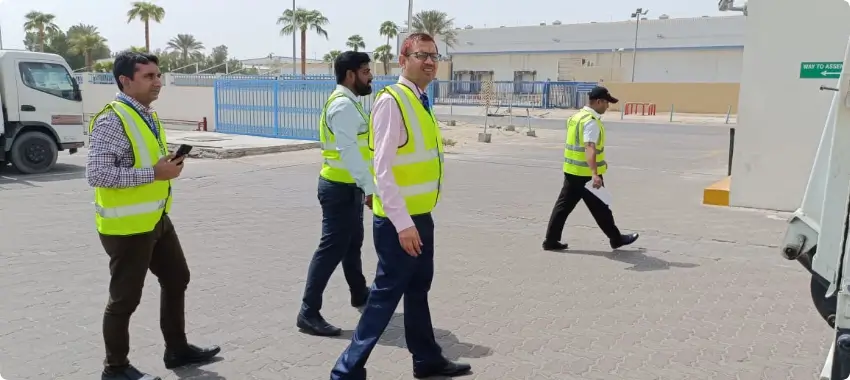
WRAP Certification: Ensuring Ethical Production Standards Globally
Worldly Responsible Accredited Production (WRAP Certification) is a globally hailed independent certification program and non-profit organization that drives the business to ethical and responsible manufacturing practices. WRAP is all about ensuring that factories, production Caboodles, and businesses get the goods regarding standards related to labor, health and safety, and environmental protection.
The WRAP certification process involves an evaluation of a facility's compliance with the 12 WRAP Principles, which cover areas such as:
- Compliance with Laws and Workplace Regulations: Facilities must adhere to local, national, and international labor laws and regulations.
- Prohibition of Forced Labor: Forced or compulsory labor is strictly prohibited.
- Prohibition of Child Labor: Employment of workers below the legal working age is not allowed.
- Prohibition of Harassment or Abuse: Workers should be treated with respect and dignity, free from harassment or abuse.
- Compensation and Benefits: Workers should receive fair wages and benefits per legal requirements.
- Hours of Work: Facilities should adhere to legal limits on working hours and provide adequate rest periods.
- Prohibition of Discrimination: Discrimination based on race, gender, religion, or other factors is prohibited.
- Health and Safety: Facilities must provide employees with a safe and healthy working environment.
- Freedom of Association and Collective Bargaining: Workers can freely associate and bargain collectively.
- Environment: Facilities should minimize their environmental impact and promote sustainability.
- Customs Compliance: Facilities must comply with customs laws and regulations.
- Security:Measures should be in place to ensure the facility's and its employees' security.
By getting WRAP certification, a facility shouts from the rooftops about its commitment to decent manufacturing practices. The certification is a merit badge, and it is awarded based on independent audits conducted by WRAP-accredited certification bodies. WRAP-certified factories and businesses are like the cool kids for their adherence to ethical standards and responsible practices throughout their supply chains.
Here Are The WRAP Certification Requirements!
The WRAP (Worldwide Responsible Accredited Production) certification process is internationally recognized, ensuring ethical and responsible manufacturing practices are in full swing within the global supply chain.
Here is a general overview of the WRAP certification process:
- The whole thing usually starts with a pre-assessment, where the facility's management hits the books on WRAP's guidelines and standards to get their heads around the requirements.
- Then the facility tosses in an application to WRAP, showing they're ready to roll up their sleeves and dive into the certification process.
- The facility conducts an honest nose-to-the-grindstone self-assessment to size up its compliance with WRAP's 12 Principles, which cover legal compliance, child labor and forced labor hours of work, health, and safety, and more.
- If non-compliance issues arise during the pre-certification audit, the facility must get together and crank out a Corrective Action Plan (CAP)! The CAP's job is to Nail down and rectify these issues.
- Based on the final audit findings, WRAP gives the green or red light on certification. The facility gets the coveted WRAP certification if it checks all the boxes.
How Do You Get WRAP Certification?
Qdot top professional WRAP certification consultant, will guide you through the entire certification process, from the initial steps to the final stage until the WRAP Certification is done.
Qdot have skilled consultants in the UAE, Qatar, Oman, Bahrain, Kuwait, and KSA specialize in specific International standards. We honestly, maintain the highest quality standards in business operations, client relations, and project delivery.
